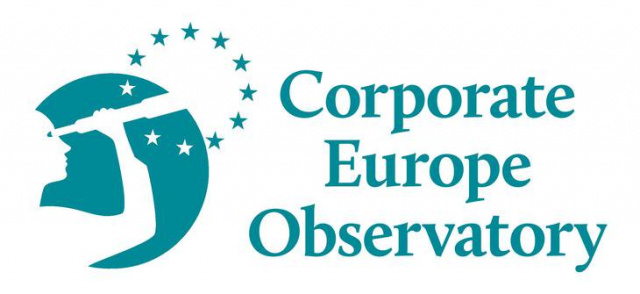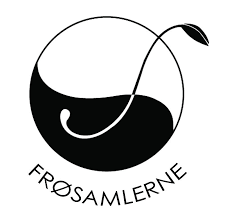The European Patent Office (EPO) is once again rushing patents on plants derived from conventional breeding through the application procedure. In the coming weeks, around a dozen new patents will be granted, covering species such as broccoli, onions, melons, lettuce and cucumber. This is in strong contrast to EPO practice last year when only very few patents were granted due to a pending precedent decision on the patentability of plants and animals (G2/12).This decision has still not been made.
The granting of further patents on plants derived from conventional breeding is also a setback for the European Parliament, which in May 2012 called upon the EPO to stop these patents because they contravened current European Patent legislation.
Apparently, this new development in patenting has been heavily influenced by the opinion of the President of the EPO, Mr Benoît Battistelli, who recently gave a clear statement in favour of such patents, thus clearly backing the interests of companies such as Monsanto and Syngenta. If Battistelli ́s interpretation of current patent law goes ahead in this form, it will render meaningless the prohibition of patents on plant and animal varieties as well as on conventional breeding. By taking up this extreme position on patents on plants, Battistelli is acting against the interests of the majority of European plant breeders, the European farmers organisations and many other organisations active for developing countries, the environment and the interests of the consumers.
The organisations behind the coalition of “No Patents on Seeds” are extremely concerned because, for example, Monsanto and Syngenta already own more than 50% of seed varieties of tomato, paprika and cauliflower registered in the EU. There are concerns that patents on seeds will foster further market concentration and make food supply ever more dependent on just a few big international companies.
No Patents on Seeds is demanding a stop to the patenting of plants and animals, legal revision of European Patent laws to exclude patents on plants and animals.













